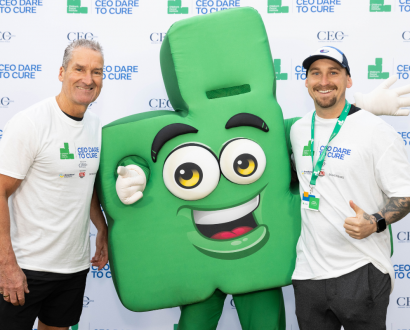Billionaire Bill Gates has pledged $US50 million (A$66 million) of his own personal wealth to the Dementia Discovery Fund (DDF), to help find treatments and a potential cure for Alzheimer’s disease.
According to Mr Gates, the DDF venture capital fund will work “to diversify the clinical pipeline and identify new targets for treatment”, in contrast to the avenues being pursued by most of the major pharmaceutical companies.
The Microsoft co-founder and philanthropist will then provide another $US50 million to start-up ventures working in dementia research, but has not yet named the recipients.
In his personal blog on Monday, Mr Gates said his own family’s experience with the disease opened his eyes to the hopelessness attached to it.
“I know how awful it is to watch people you love struggle as the disease robs them of their mental capacity, and there is nothing you can do about it. It feels a lot like you’re experiencing a gradual death of the person that you knew,” he wrote.
“My family history isn’t the sole reason behind my interest in Alzheimer’s. But my personal experience has exposed me to how hopeless it feels when you or a loved one gets the disease.
“We’ve seen scientific innovation turn once-guaranteed killers like HIV into chronic illnesses that can be held in check with medication. I believe we can do the same (or better) with Alzheimer’s.”
We’ve seen scientific innovation turn once-guaranteed killers like HIV into chronic illnesses that can be held in check with medication. I believe we can do the same (or better) with Alzheimer’s.
Despite decades of research into the brain-wasting disease — which affects 50 million people worldwide, according to Alzheimer’s Disease International — no treatment has been found to slow its progression, and current drugs can only ease some symptoms.
Mr Gates told Reuters, he hopes to find a treatment within the next decade.
“It’ll take probably 10 years before new theories are tried enough times to give them a high chance of success. So it’s very hard to hazard a guess [when an effective drug might be developed],” he said.
“I hope that in the next 10 years that we have some powerful drugs but it’s possible that won’t be achieved.”
Jeremy Hughes, chief executive of the Alzheimer’s Society charity, is excited about what the personal contribution can help achieve.
“With Bill Gates now joining all those already united against dementia, there is new hope for advances in the care and cure of dementia,” he said in a statement.





